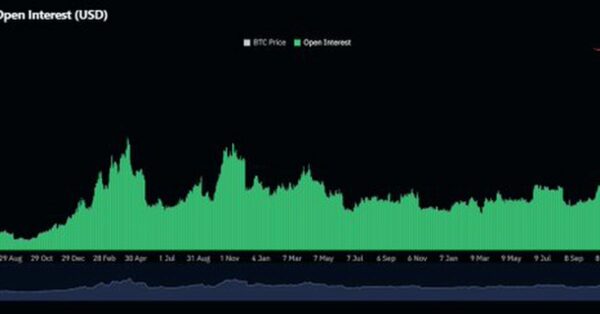CFTC Chair Reiterated to U.S. Senate that Bitcoin and Ethereum Are Commodities

CFTC Chair Reiterated to U.S. Senate that Bitcoin and Ethereum Are Commodities
The chief of the U.S. Commodity Futures Trading Commission (CFTC), Rostin Behnam, has once again advocated for his agency to oversee Bitcoin and Ethereum, the two largest cryptocurrencies by market cap, by classifying them as commodities. Speaking before the U.S. Senate Committee on July 9, Behnam referenced a recent Illinois court ruling that reinforces this classification.
The court decision on July 3 was part of a $120 million Ponzi scheme case involving an Oregon man accused of fraud. The Illinois district court judge declared that both Bitcoin and Ethereum qualify as commodities under the Commodity Exchange Act. The ruling also extended this classification to Olympus (OHM) and KlimaDAO (KLIMA).
Behnam also cited a 2022 report from the Financial Stability Oversight Council (FSOC) that pointed out a regulatory gap in the spot market for digital assets that are not securities, suggesting that the CFTC should play a more significant role in overseeing digital commodities.
Behnam emphasized that the lack of action from other U.S. regulators would not diminish public interest in digital assets and could potentially increase risks to financial markets and investors. “In short, our current trajectory is not sustainable. Federal legislation is urgently needed to create a pathway for a regulatory framework that will protect American investors and possibly the financial system from future risk,” he asserted.
The CFTC Chair outlined five key legislative priorities he believes his agency could implement to better regulate digital commodities. These priorities include crafting rules tailored to the unique risk profile of cryptocurrencies, establishing a permanent “fee-for-service” funding model, requiring comprehensive disclosure from registrants about their crypto assets, and enhancing the CFTC’s Know Your Customer (KYC) and Anti-Money Laundering (AML) capabilities.
This article was originally published by a finance.yahoo.com
Read it HERE







